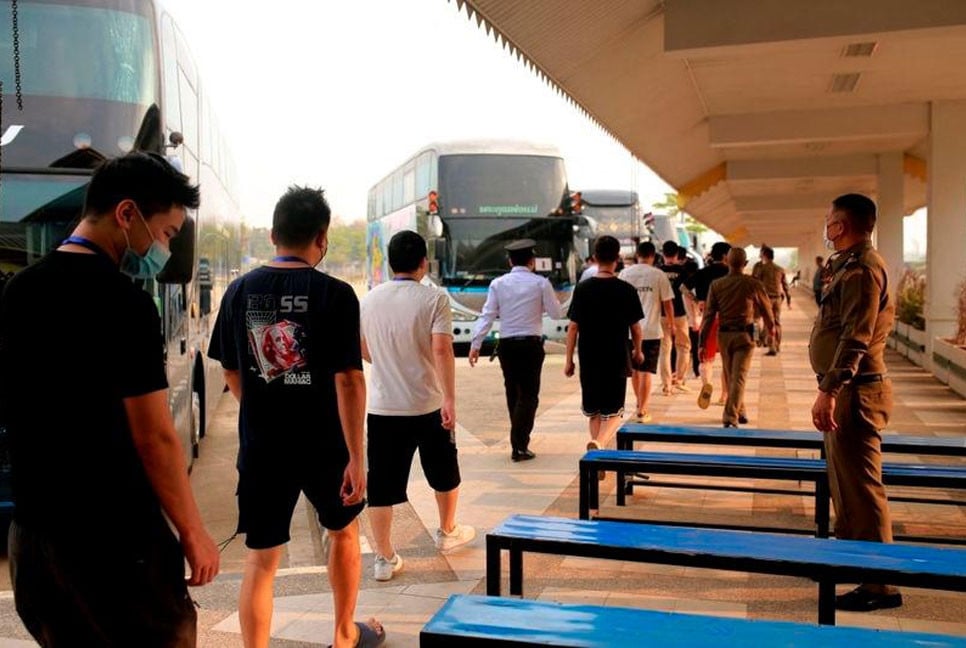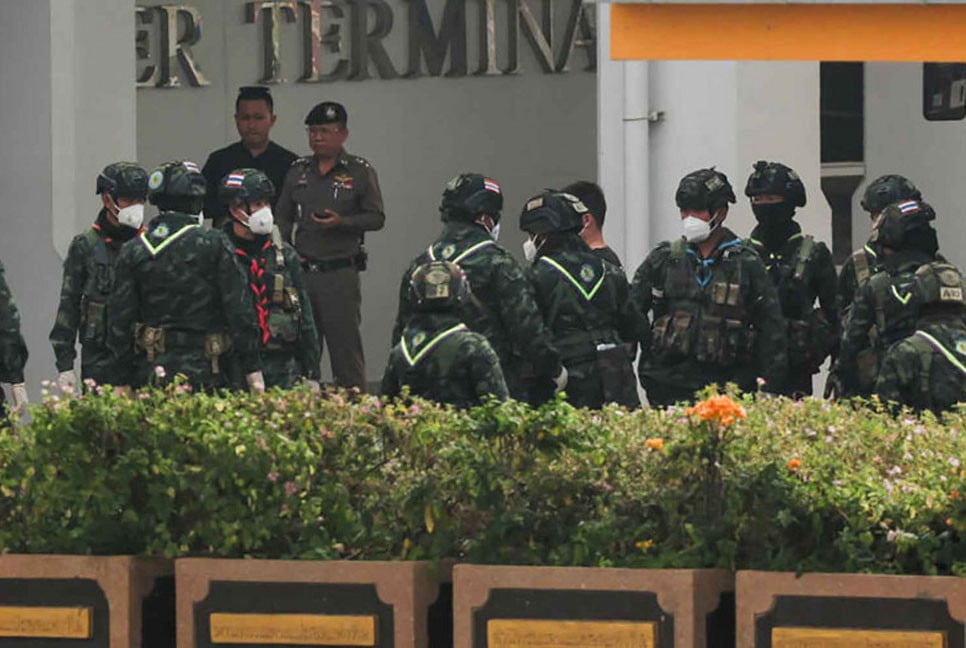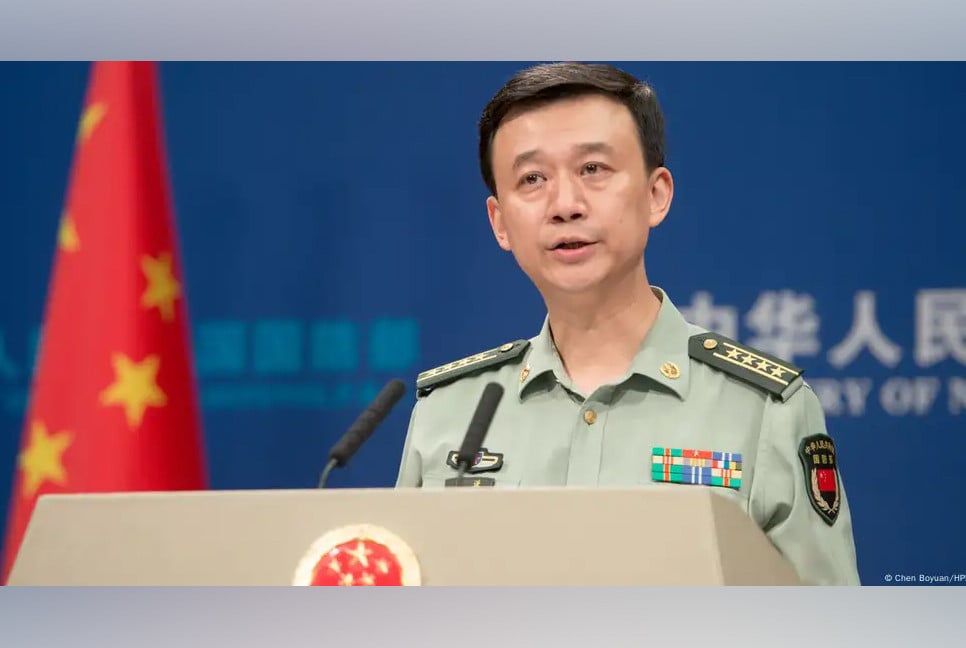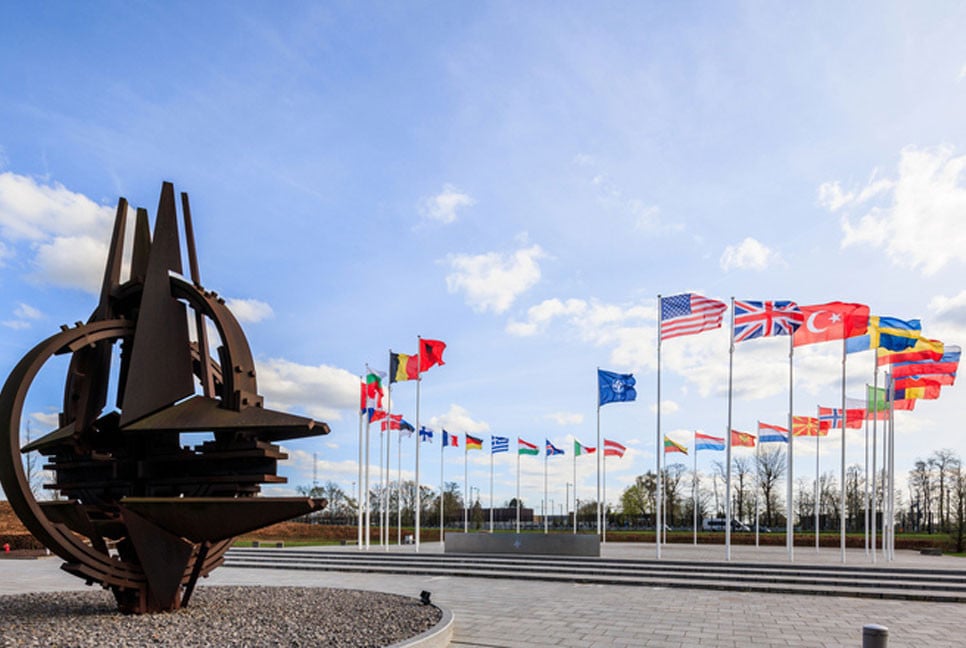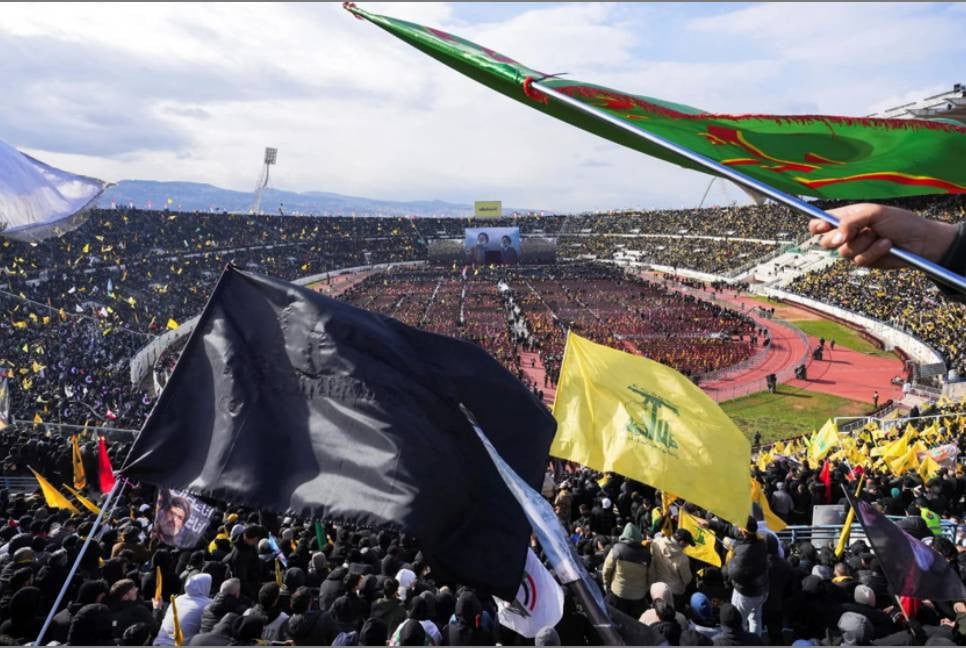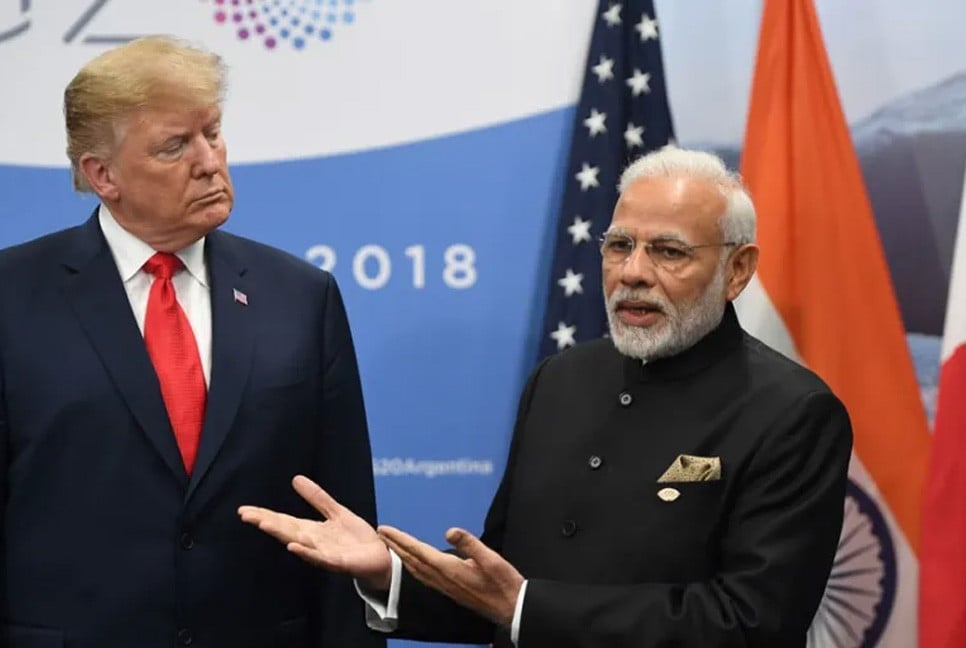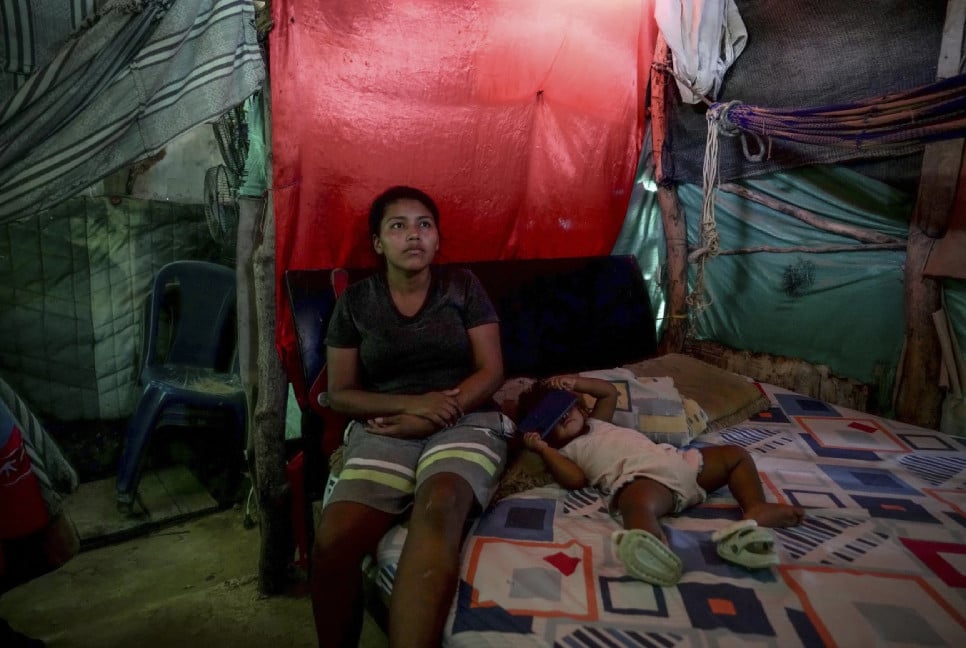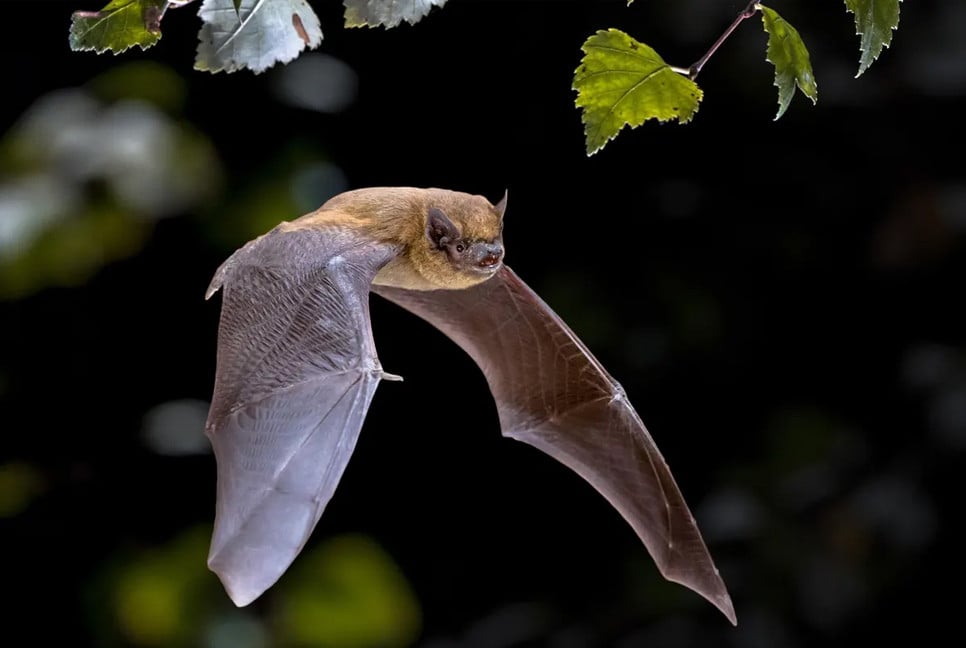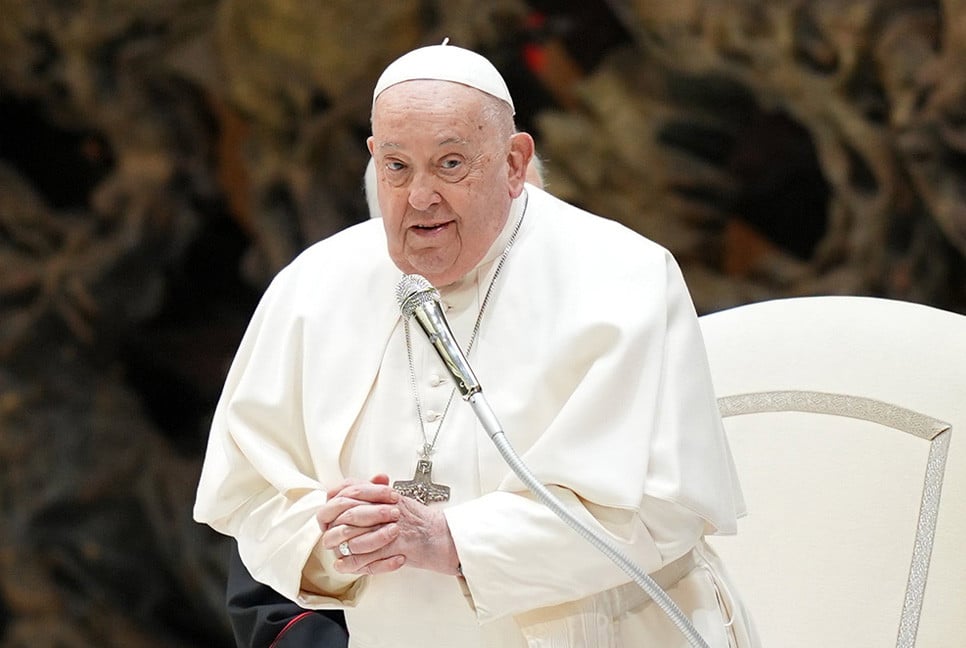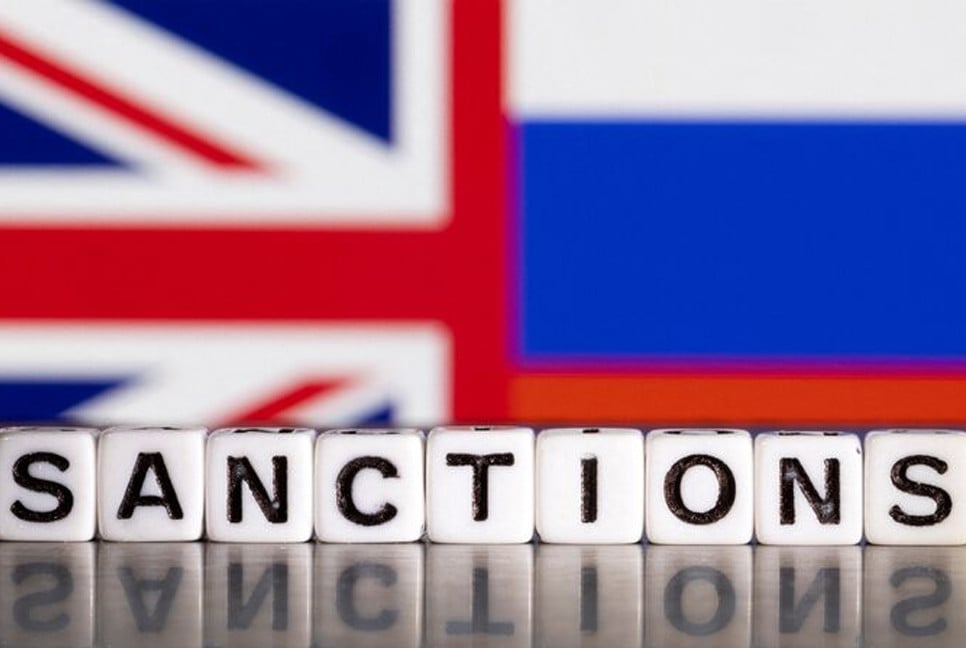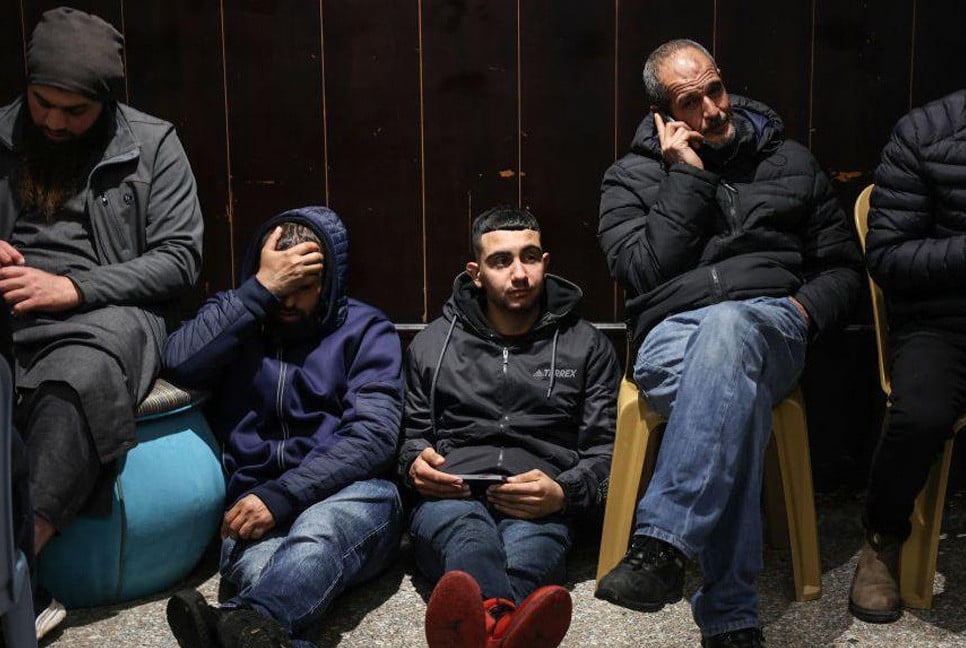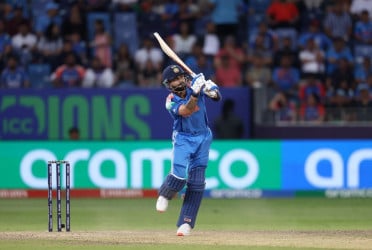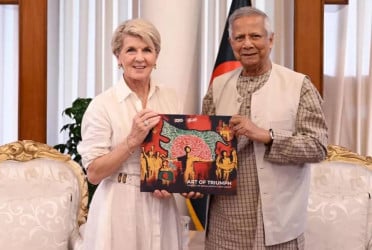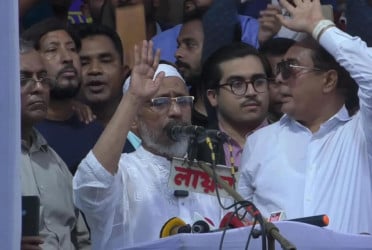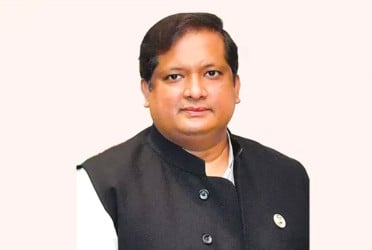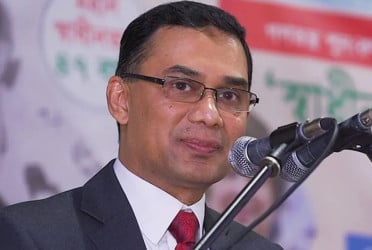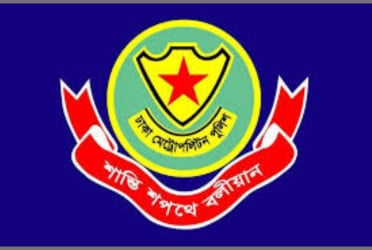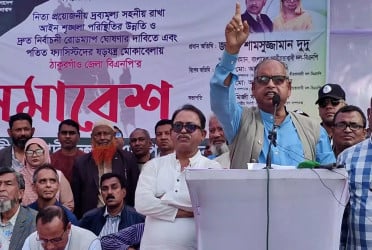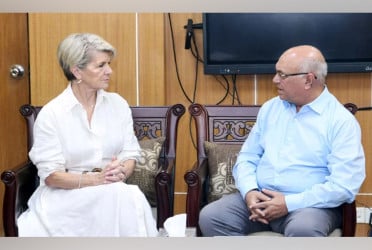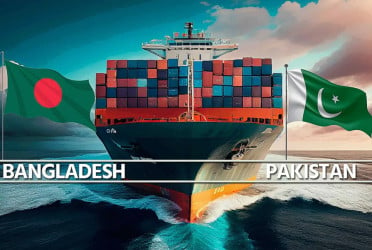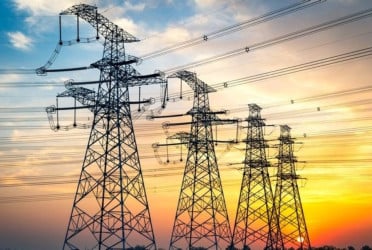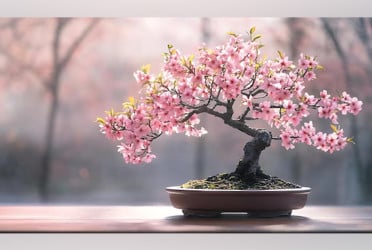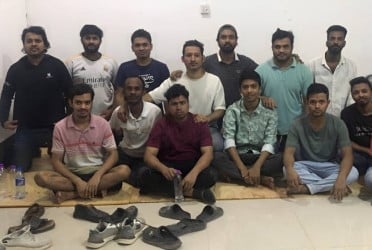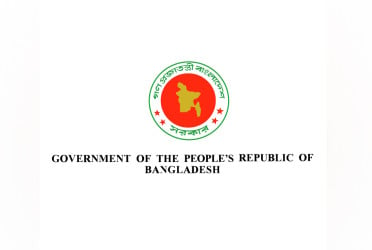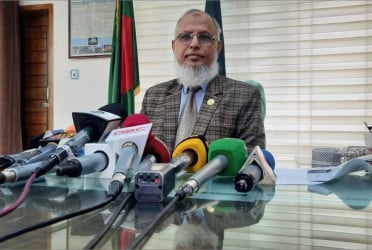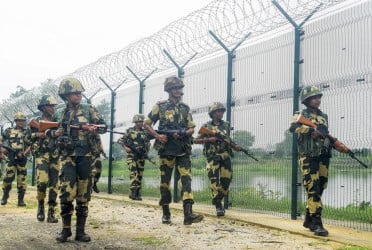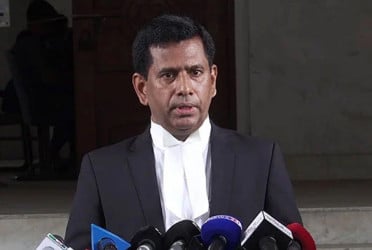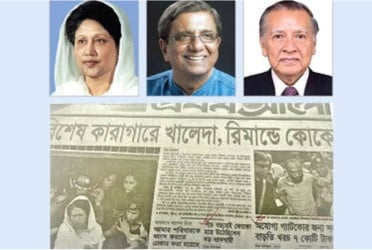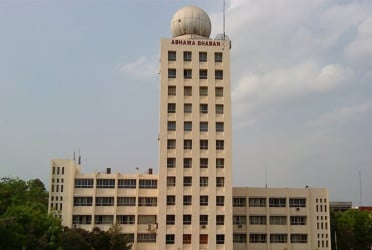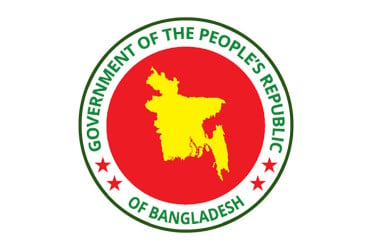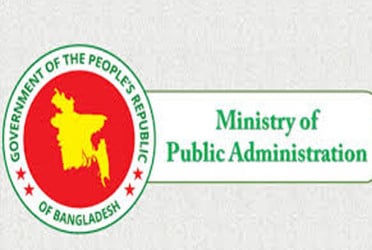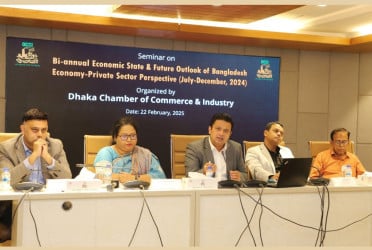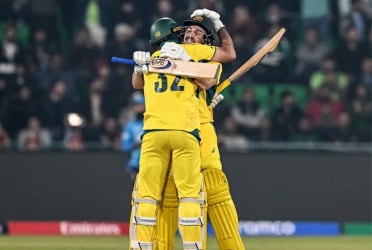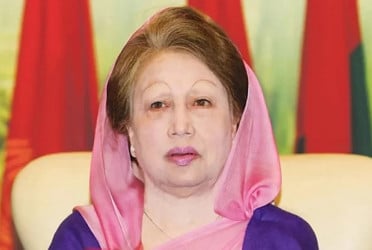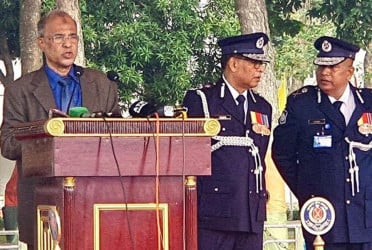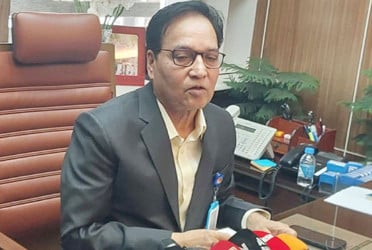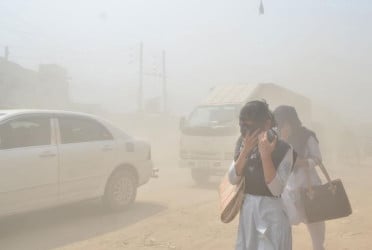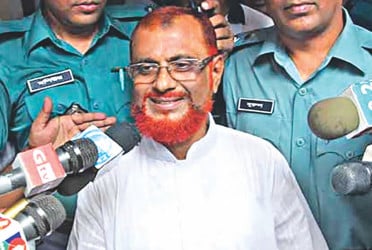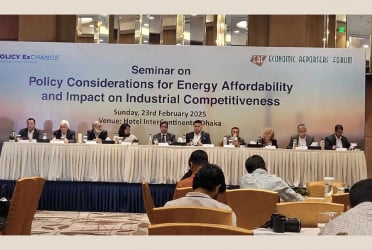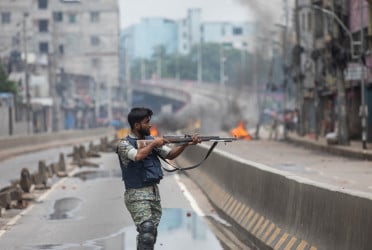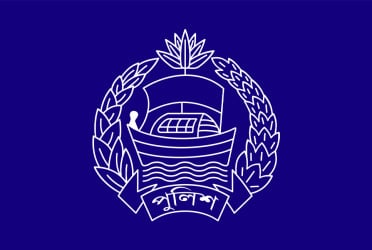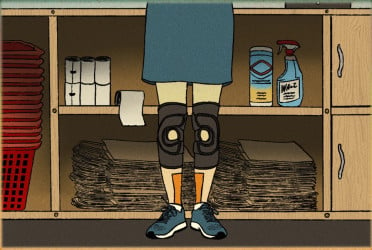Nepali voters began to cast their ballots for a new parliament on Sunday amid a situation dominated by public frustrations over the Himalayan republic's elderly political elite and anxiety over its unstable economy, reports AFP.
Unstability in fulfillment the term of the prime minister and a culture of political conflicts have fuelled the perceptions that the government was out of touch with Nepal's pressing problems.
Several younger faces are contesting for the first time, up against established parties whose leaders have strode the corridors of power for decades.
Though analysts expect the country's entrenched political veterans to again dominate the next assembly, many voters have lost faith in the status quo and a mood for change is palpable.
"Every party took turns in government over the past five years and they did nothing," Chiranjibi Dawadi, a driver by trade, told AFP this week.
"My family has decided to vote for a new party this time. It's okay even if they don't look after us. Old parties didn't either."
Sunday's elections are the second since a new constitution was promulgated in 2015, ushering in a new political order after the conclusion of Nepal's traumatic Maoist insurgency.
The civil war ended in 2006, having claimed more than 17,000 lives and prompting the abolition of the country's monarchy, while also bringing the former rebels into the government fold.
Since then the former guerrillas have alternated in power with another Communist party and the established Congress in various coalitions.
But political instability has been a recurrent feature of Nepal's parliament, and no prime minister has served a full term since the war ended.
A constant balancing act has left governments of different stripes struggling to navigate the traditional rivalry between Nepal's two neighbours, China and India, at a time of rising Western concern with Chinese-funded mega-projects in the country.
Bd-pratidin English/Lutful Hoque


